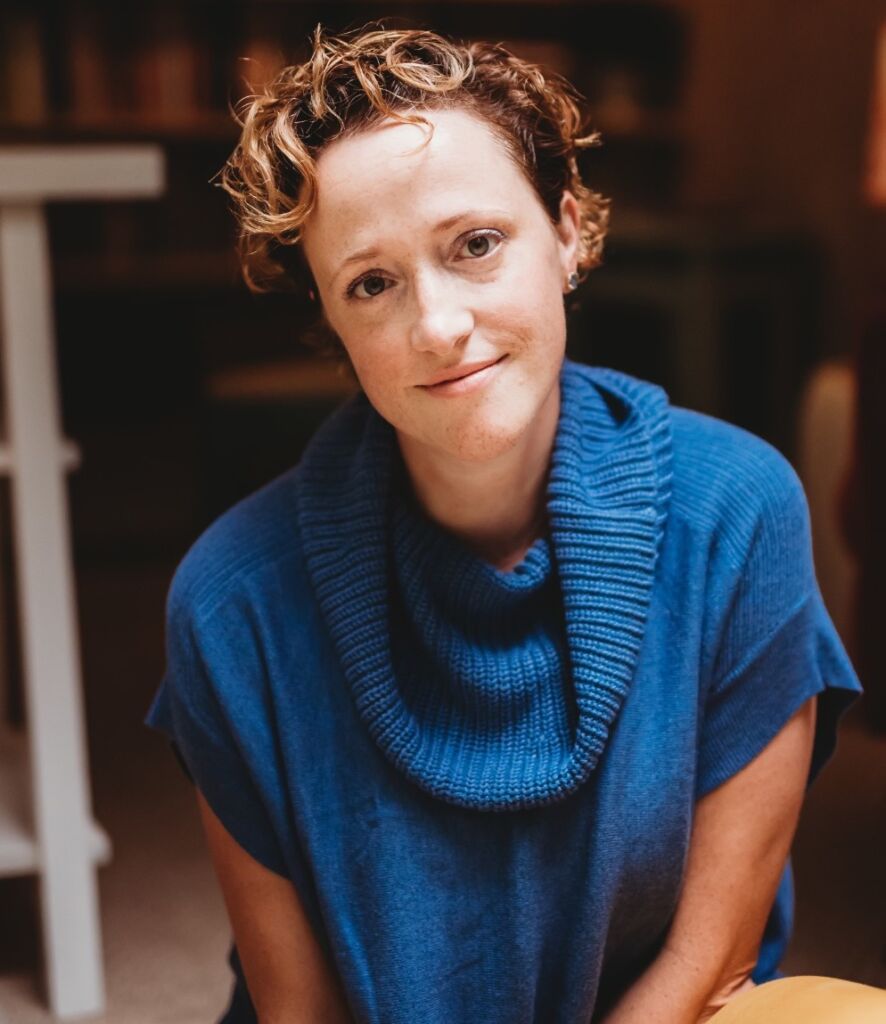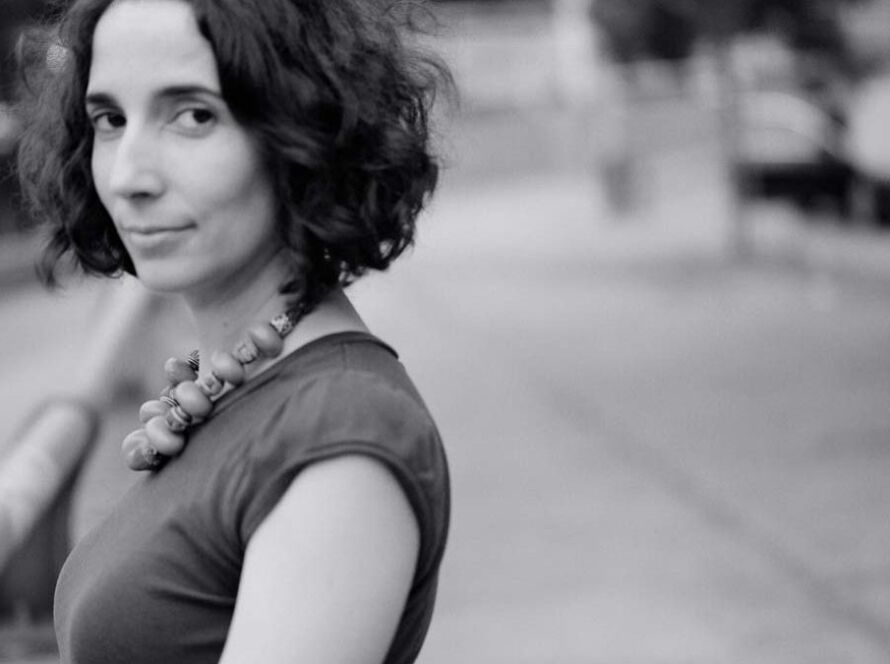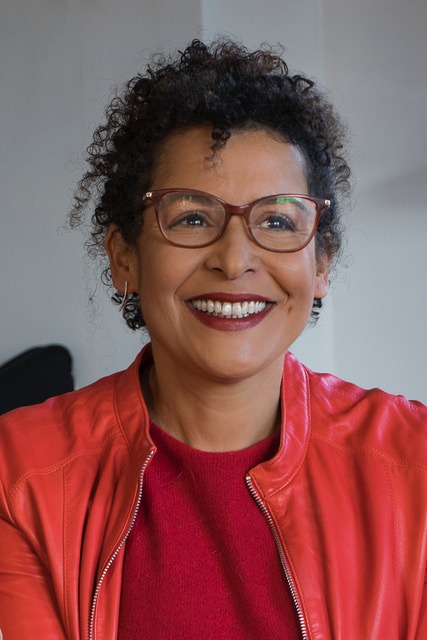The Poetry Coaching session at UTV 2024 will be led by poet and editor Keetje Kuipers. She unfolds her take on reading and writing poetry in this exclusive interview with Under the Volcano.

What books are you currently reading?
As a board member for the National Book Critics Circle, I spend each year reading hundreds of the most recently published books in two different genre categories. This year I’m reading for Poetry and Biography. I just tore through Simon Shieh’s debut poetry collection The Master, and I’ve been more slowly savoring the new Martin Luther King, Jr. biography by Jonathan Eig. Both are excellent. For audio books, I give myself a free pass to stray into other genres, so I’ve just finished listening to Victor Lavalle’s insightful supernatural thriller Lone Women (I first became familiar with Victor’s complexly layered use of the genre when he was faculty at UTV in 2020). And I’ve been using my lunch hour to read How to Break Up with Your Phone rather than eating my sandwich while skimming the digital New York Times headlines. Finally, following a recent annual family trip up to Glacier National Park, I also have Nevada Barr’s grizzly bear themed murder mystery, Blood Lure, hanging out on my nightstand at the moment. As you can see, ‘Read widely and read often!’ is my motto.
What books do you return to over time? Why?
My teaching affords me the opportunity to revisit books and individual poems that I’ve admired and learned from for years. The first sequence of poems in Kiki Petrosino’s Fort Red Border or Jennifer Chang’s poem “Dorothy Wordsworth,” for example. There are so many brilliant poems that I am able to see something new in each time that I return to their lines, and one of the gifts of being a teacher is getting to share those discoveries with my students again and again as I introduce new readers to work that I am revisiting for perhaps the hundredth time. But as a rule, I’m not much of a re-reader on my own time. My reading for the NBCC awards, as well as judging other contests like the National Book Award in 2022 and reading thousands of submissions each year in my role as Editor of Poetry Northwest, means that my focus these days is on discovering the next new thing I want to share with my students.
Which three writers, dead or alive, would you like to have coffee or drinks with? Why?
Oh, I’d be far too intimidated to sit down with any of my literary idols, especially in a huddle of three! I’m a sham extrovert, meaning that I appear to be a chatty party guest but really prefer the pleasure of one-on-one company. This is what makes the work of individual mentorship and manuscript consultation so rich for me: I love really getting to know one person’s work at a time, finding the places on the page where it flourishes and digging into what drives that one particular writer. So I’d be willing—gladly—to have coffee with one literary idol, just the two of us. Today I’d probably choose Anne Truitt, a well-known sculptor who produced most of her art during the second half of the twentieth century, but whose published journals have become a guiding text for writers and artists across disciplines (Yale University Press has just this year put out a new book of her selected writing, which I look forward to slowly and carefully devouring). I deeply admire women artists two or three generations ahead of my own, and sitting down with Truitt would give me a chance to thank her for the guidance provided by her example, especially the challenges she faced as a single mother making art in a man’s world.
Do you have a secondary passion or talent apart from writing that might surprise people to know about?
I grew up fly fishing, learning first from my father and then finally from myself. To really learn anything you have to eventually do it on your own. It’s the same with writing. Workshops can be such helpful spaces for learning how to read your own work, but at the end of the day you have to become your own best reader. I don’t get as much fishing practice in these days as I’d like, but a goal for myself for next year is to do more fishing alone where I won’t be able to rely on anyone else to tell me what to tie on the end of my line.
What was your moment of greatest despair as a writer and how did you get out of it?
I believe that outside affirmation is an important part of being a writer. If we were just writing for ourselves, it would be a diary. We make poems because we long to communicate with others, to be in touch with the world, to feel a connection to the intricate and vast pieces of the universe. So when we’ve gone for a long stretch without the affirmation of our work connecting with a reader in a visible and measurable way—through publication or winning a contest or receiving a fellowship—it can feel like it’s time to give up. I’ve found that at those moments of despair it’s best to push for just a little bit longer (like in childbirth) because that positive affirmation of connection is likely just around the corner.
If you could offer three tips to writers, what would they be?
1. Get off your phone/the internet.
2. Be hungry: read something new every day.
3. Take a walk and let the words of the world trickle down through you as you do until they hit that interior aquifer of language. A poem lives there.



